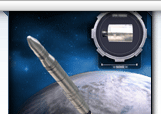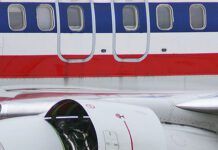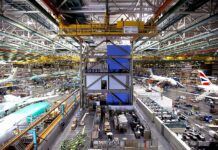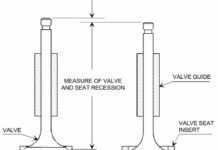
NASA may be dependent on Russia until at least 2017 to deliver astronauts to the International Space Station but the agency hopes to develop commercial alternatives soon. The agency is seeking to maintain development of at least two competing space taxi designs to fill the void left by the now-retired Space Shuttle. Today, NASA is funding four firms: Boeing; Space Exploration Technologies (SpaceX); Sierra Nevada Corp.; and Blue Origin, which is a start-up owned by Jeff Bezos, founder of Amazon.com. That group notably does not include Stratolaunch Systems, a recently announced venture by Paul Allen and Burt Rutan that could create the world’s largest aircraft as part of its own independent space program.
NASA’s current approach is in part motivated by the cost of sending astronauts to the Space Station via the only currently available method — Russian Soyuz capsules. The price tag per flight is more than $60 million and that cost is expected to rise. NASA’s budget allocates $406 million to spend on the development of alternatives. SpaceX, which is receiving some of that funding is targeting February for a trial run of its Dragon Cargo capsule delivery system. A private competitor, Orbital Sciences Corp., has plans for its own test later in the year. And alternative partnering programs could allow NASA to assist other firms interested in developing space taxi designs, while also keeping those efforts independent of NASA’s usual mountain of regulatory requirements. Barring any unforeseen efforts, SpaceX will in February become the first commercial company in history to join with the International Space Station.


































